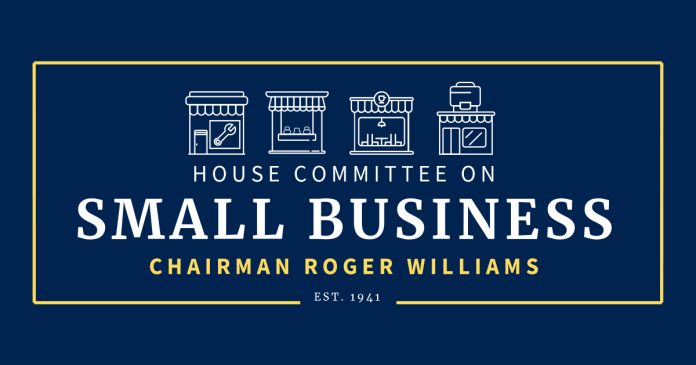The recent release of a staff report by Congressman Roger Williams sheds new light on the pandemic-era lending programs of the U.S. Small Business Administration (SBA), revealing a startling $200 billion in fraudulent loans. This revelation underscores critical concerns for small business owners as they navigate a post-pandemic landscape and calls into question the efficacy of SBA’s response to the crisis.
The investigation, conducted over a year and a half by the House Committee on Small Business, focused on key programs such as the Paycheck Protection Program (PPP), the Economic Injury Disaster Loan (EIDL), and the Restaurant Revitalization Fund (RRF). The findings illustrate a significant oversight within these programs, with the COVID EIDL program being particularly vulnerable, where an estimated $136 billion—or about 30%—was lent to fraudulent recipients.
Chairman Williams stated, “The unacceptable amounts of fraud in the pandemic loan programs raises serious concerns about the role SBA should play moving forward. Failing to implement basic guardrails resulted in approximately $200 billion in fraud.” This comment raises alarms for small business owners who relied on these programs to sustain their operations.
Key Takeaways:
- $200 billion in fraud: The investigation highlights a massive failure in loan oversight that affected nearly every pandemic-related lending initiative.
- Vulnerable programs: Particularly, the COVID EIDL program exhibited over 30% fraud rates among its total disbursements.
- Need for reform: Future programs must include stricter controls, eliminate self-certification processes, and feature enhanced oversight to protect taxpayer interests.
The report reveals that the SBA’s approach—characterized by a self-certification process—allowed many illegitimate applications to slip through the cracks. The PPP, while also flawed, experienced lower fraud rates in comparison, with about $64 billion in fraudulent loans, a quarter of the fraud rate seen in the EIDL.
For small business owners, the implications of these findings are profound. The reliance on self-certification can create risks for businesses seeking legitimate assistance during economic downturns. Without strong safeguards, funds intended to support struggling enterprises may be redirected to fraudulent actors, diluting the impact of federal aid exactly when it is needed most.
Looking ahead, the Committee suggests several key reforms to enhance the resilience of future lending programs:
- Eliminate self-certification: This would involve verifying applications through more rigorous checks.
- Implement robust lending controls: Proven frameworks should be adopted to track the legitimate applicants more effectively.
- Increase oversight of contractors: Enhanced scrutiny can help ensure compliance and accountability within lending practices.
These proposed changes should resonate with small business owners whose livelihoods are dependent on access to financial resources during crises. The need for proactive measures that prioritize integrity in lending processes cannot be overstated.
However, small business owners should also be aware of potential challenges in the proposed reforms. Strengthening verification processes could result in increased wait times and more extensive documentation requirements, which may burden smaller operations that lack the administrative resources of larger companies. Moreover, as lending becomes more tightly regulated, the risk of unintended consequences—where deserving businesses may struggle to access funds—could emerge.
The detailed findings from the investigation, alongside actionable recommendations, are crucial for small business stakeholders seeking to safeguard their interests in future relief efforts. The implications of such widespread fraud will likely prompt further discussions about the SBA’s structure and operational guidelines, as the priority must remain on supporting the small businesses that form the backbone of the economy.
For those interested in exploring the full staff report and its insights, it is available for review here. Additionally, further reporting on the topic can be found here.
As the landscape for small businesses continues to evolve, prioritizing transparency and integrity in loan programs will be essential for fostering a robust recovery and building resilience against future challenges.



